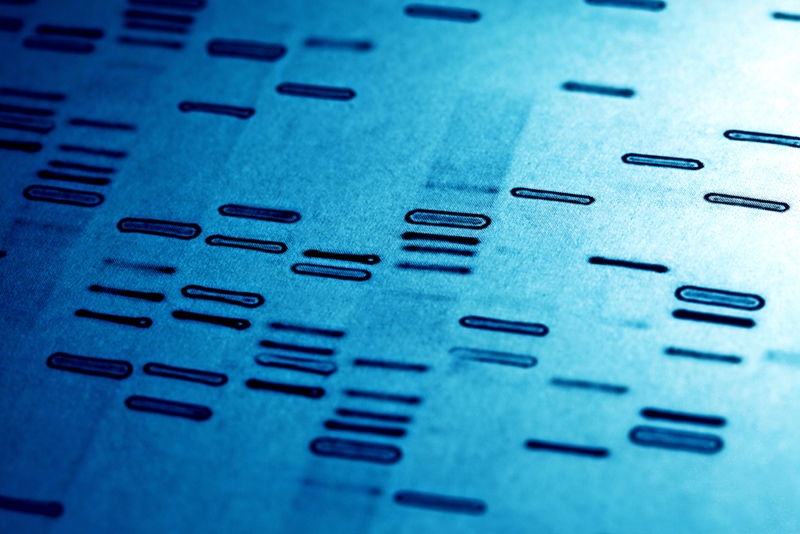The latest advances in DNA sequencing
While most geneticists pontificate on the ethical and technical implications of the latest gene-editing technology, others are busy perfecting preexisting techniques. Recently, DNA sequencing, a decades-old methodology, underwent democratization. A handful of enterprising companies revolutionized the technique, producing DNA-sequencing technology that cuts costs and production times.
Out with the old order
An industry-standard DNA-synthesis machine uses a single, 3-by-5-inch, 96-well plastic plate. The machine sequences the four base sugars found in DNA – adenine, thymine, cytosine and guanine – and distributes them into the plate’s 96 wells. Lab technicians then manually join together these genetic fragments, called oligonucleotide or oligos, to make a gene. Most oligos are around 100 letters long.
According to Wired, Twist Bioscience has streamlined this process.
The San Francisco-based company can produce 10,000 genes using a set of silicon wafers the size of a 96-well plate. Each wafer contains over 100 nanowells, and each nanowell contains 100 additional microscopic wells.
There are myriad applications for this sort of technology. DNA sequencing is used in a variety of industries, including the agricultural, biomedical and energy sectors.
Last month, the company sold 100 million base pairs of DNA to the Boston-based bioengineering firm Ginkgo Bioworks, reported Fast Company. Twist plans to launch its beta program in 2016. Interested parties will be able to purchase sequences at a rate of 10 cents per letter.

An app for your genome
According to the MIT Technology Review, a collection of DNA-sequencing heavyweights funded what many are calling a genome app store called Helix. The industry’s primary device provider Illumina is at the helm of the project. Illumina and its partners plan to target consumers by offering pay-as-you-go DNA-sequencing services via specialized apps based on specific genetic variants. Theoretically, users would be able to submit DNA samples and receive customized sequencing.
“Users would be able to submit DNA samples and receive customized
sequencing.”
Helix’s genetic database will be open to third-party developers looking to build gene-sequencing apps. The Mayo Clinic is currently developing its own app for the service. Helix is slated to go live next year.
“An objective is to stimulate that large developer community, and get more people focused on it and discover what that killer app might be,” Illumina CEO Jay Flatley said in an interview with The MIT Technology Review.



